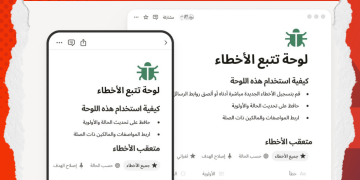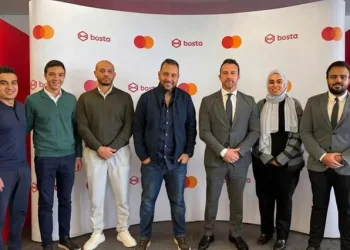The UAE processed 173.7 million digital government transactions in 2024 alone. That’s nearly 20 transactions for every person in the country. Behind this massive digital shift lies a collection of smart tools that have turned what used to be tedious government visits into simple smartphone taps.
Dubai’s DubaiNow App Becomes Digital City Hall
DubaiNow leads the charge as Dubai’s official government app. The platform connects residents to over 320 essential services from more than 50 government entities. Users can pay DEWA bills, handle traffic fines, renew car registration, and manage housing documents without stepping outside.
The app has essentially replaced multiple government offices with a single digital interface. What once required separate visits to various departments now happens through one unified platform. This consolidation saves residents hours of travel time and eliminates the confusion of dealing with multiple government systems.
UAE Pass Creates Single Digital Identity
The UAE Pass app serves as the country’s national digital identity solution. This smartphone-based authentication system works across both government and private sector services. Citizens use it for digital signatures and secure access to sensitive government services.
The app eliminates the need to carry physical documents for many transactions. Users can authenticate their identity digitally, making processes faster and more secure. The system has become the backbone for accessing most digital government services across all emirates.
AI-Powered Chatbots Handle 24/7 Service Requests
Government entities have deployed AI chatbots to provide round-the-clock assistance. The UAE’s “U-Ask” platform offers a unified AI-powered chatbot for government services, available through the official government portal. The Ministry of Energy and Infrastructure launched “Ask MOEI,” which quickly answers questions about the ministry’s 123 services.
These chatbots use generative AI technology to understand natural language questions. They can provide instant responses about service requirements, procedures, and documentation needs. This eliminates wait times for basic inquiries and frees up human staff for more complex requests.
Blockchain Technology Secures Government Transactions
The UAE government has integrated blockchain technology into its transaction systems. This creates an immutable ledger for recording financial transactions, contracts, and asset information. Government departments can verify document authenticity instantly and prevent fraud.
Blockchain implementation has particularly improved contract management and inter-department data sharing. When one department updates information, all relevant agencies receive the update automatically. This prevents data inconsistencies and reduces processing times for multi-department procedures.
Digital Transformation Results Speak for Themselves
The numbers reveal the impact of these digital tools. In 2024, UAE government websites received 131.5 million visits. More than 57 million people used 1,419 digital government services, achieving a satisfaction rate of 91%. The government saved approximately $4 billion through digital efficiency improvements.
Federal government entities now operate with 99% digital service availability. This means citizens can access almost all government services digitally, eliminating the need for physical visits in most cases. The transformation has particularly benefited working professionals who can now handle government tasks during off-hours.
Mobile-First Approach Drives Adoption
The UAE’s digital strategy prioritizes mobile applications over desktop systems. Government apps are designed for smartphones first, with desktop versions serving as secondary options. This approach aligns with user behavior, as most residents prefer mobile interactions over computer-based ones.
App development focuses on intuitive interfaces that require minimal learning curves. Complex government processes are broken down into simple step-by-step procedures within the apps. Users can track application status, receive notifications about required actions, and complete multi-stage processes without confusion.
Integration Eliminates Data Silos
Government departments now share data seamlessly through integrated systems. When a citizen updates their address with one department, the change reflects across all relevant government services automatically. This prevents the frustration of updating the same information multiple times with different agencies.
The integration extends to payment systems as well. Citizens can use a single payment method across all government services, whether paying traffic fines, utility bills, or permit fees. This unified approach simplifies financial management and reduces transaction failures.
Real-Time Processing Speeds Up Services
Many government services now provide instant or same-day processing. Document verification happens in real-time through integrated databases. Permit approvals that once took weeks can now complete within hours for straightforward applications.
The system automatically flags applications that require human review while processing routine requests immediately. This hybrid approach maintains quality control while maximizing efficiency for standard procedures.
Future Expansion Plans Include More AI Features
The UAE plans to expand AI integration across more government services. The government’s AI for All initiative, launched in partnership with Google, aims to enhance AI literacy among residents and government employees. This prepares the foundation for more sophisticated AI-driven services.
Upcoming features include predictive services that anticipate citizen needs based on life events. For example, the system could automatically suggest relevant services when someone registers a new business or gets married. These proactive recommendations will further streamline the government interaction experience.
Success Model Attracts Global Attention
The UAE’s digital government transformation has earned international recognition. The country consistently ranks first globally in digital transformation and government framework effectiveness. Other nations study the UAE’s approach as a model for their own digital initiatives.
The success stems from the government’s commitment to user-centered design and continuous improvement based on citizen feedback. Regular updates and feature additions keep the digital services relevant and effective for evolving user needs.














